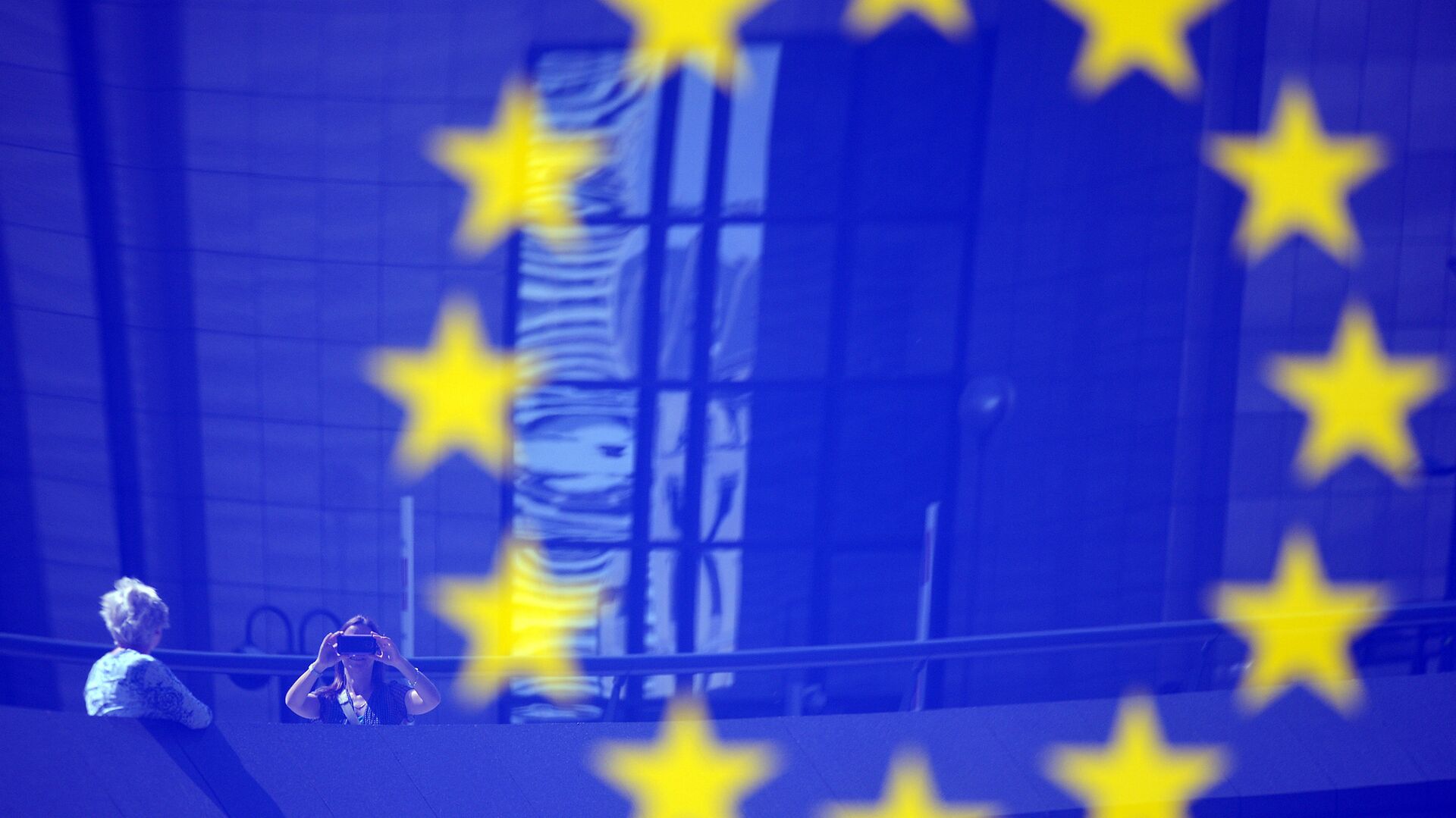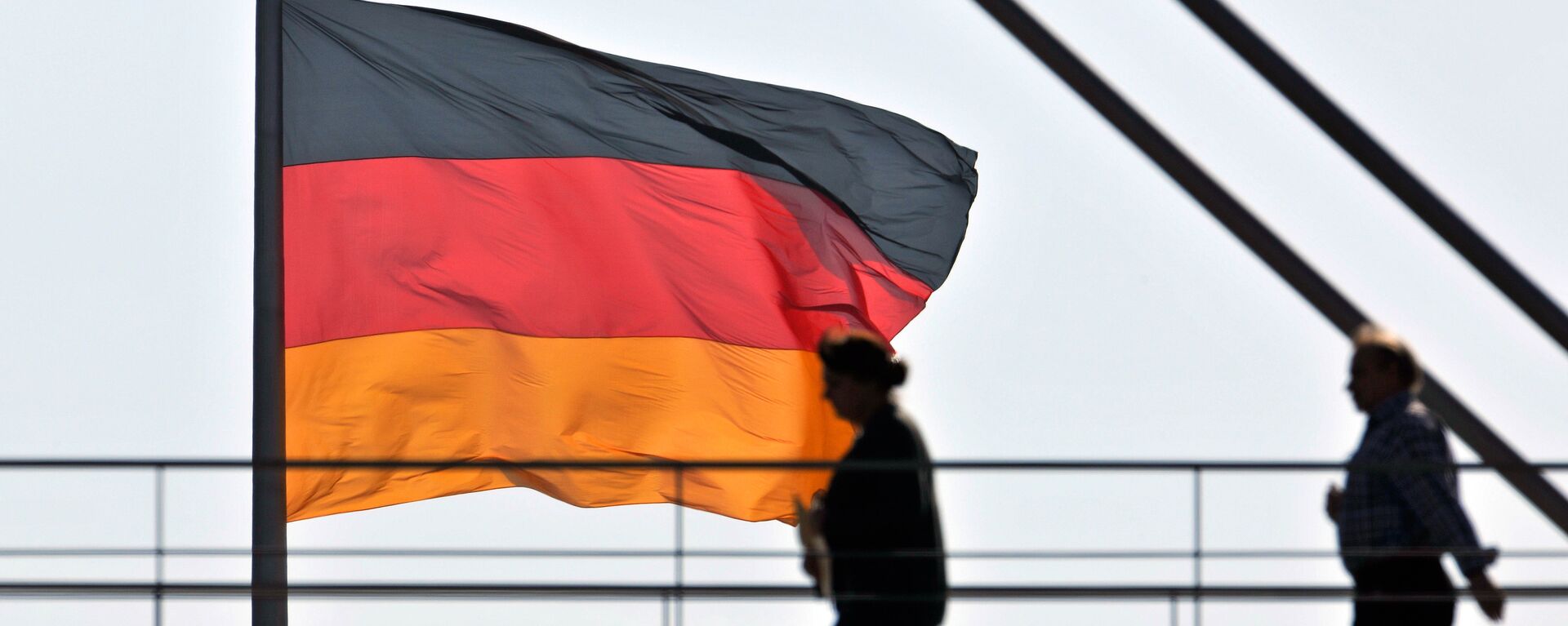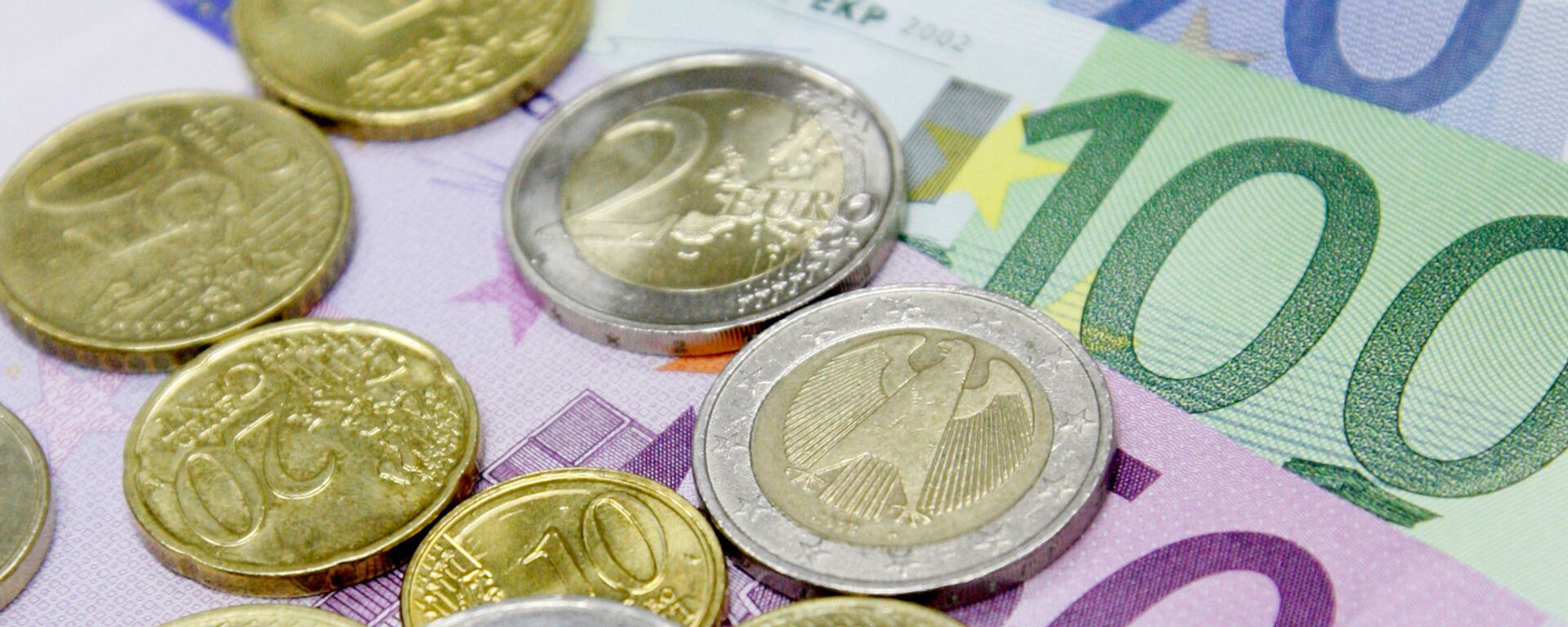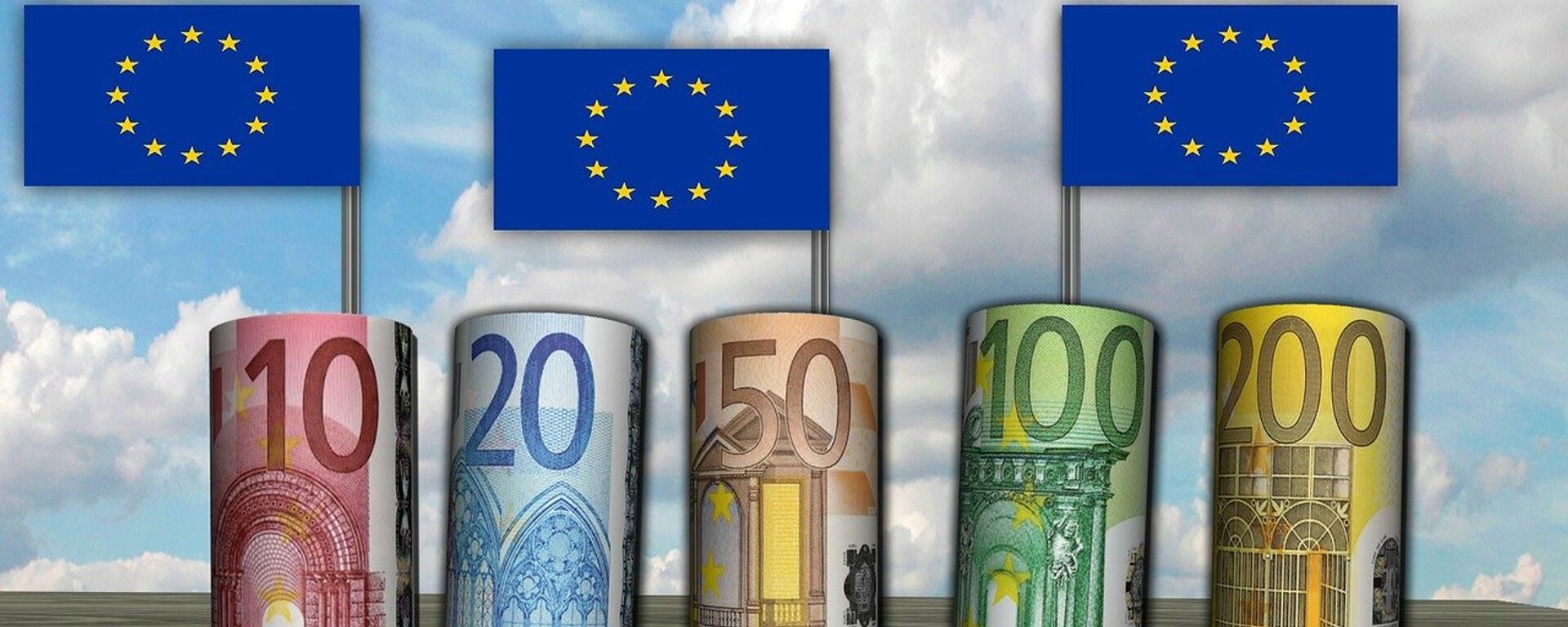EU Sanctions Punish European Businesses More Than Russia

© Sputnik / Alexey Vitvitsky
/ Subscribe
European companies have reported a combined €100 billion ($109.9 billion) loss from cutting ties with Russia following the collective West slapping sanctions on Moscow over the special military operation in Ukraine.
Designed to deal a heavy blow to Russia's economy, Western sanctions struck European businesses like "friendly fire."
"The economic losses suffered by many European companies were to some extent foreseen," Gunnar Beck, a member of the European Parliament (MEP) for the Alternative for Germany party who is currently vice-president of the Identity & Democracy Group in the Parliament, told Sputnik. "I think the imposition of sanctions, as a tool of foreign policy, is always a very costly affair. But I think there were misconceptions on the side of many European governments in several respects."
"What wasn't foreseen was that the sanctions would harm many EU companies and many EU countries much more than Russia. I think that was a surprise. And that's related to the second point I'd like to make. Namely, I think that European governments were probably unaware or had willfully ignored the fact that the Russian government was relatively well prepared in terms of foreign currency and gold reserves," Beck continued.
Two Reasons Behind EU Economic Damage
Following the beginning of Russia's special operation to demilitarize and de-Nazify Ukraine on February 24, 2022, the US and its European allies imposed a series of restrictions aimed at curtailing Russia's business activity. The Western sanctions targeted almost all sectors of Russia's economy. The Central Bank's assets were frozen while Russia's access to the Society for Worldwide Interbank Financial Telecommunications (SWIFT) was canceled.
Since February 2022 Western companies have been pulling out their operations en masse under the pressure of sanctions. The Financial Times conducted a survey that indicated that 176 out of 600 firms' financial reports showed that they suffered balance sheet losses as they rushed to sell, close, or reduce their businesses in Russia.
"There are two major reasons for these damages," Sergio Rossi, professor of macroeconomics and monetary economics at the University of Fribourg, Switzerland, told Sputnik. "First, many European businesses have been already suffering from the post-pandemic troubles as regards several supply chain problems and the lack of demand on the market for produced goods and services that is due to households’ reduced purchasing power, owing to higher income inequalities that stem from neoliberal economic policies implemented by these countries’ governments."
"Secondly, globalization implies that the majority of European countries largely depend on foreign trade as a major – if not unique – engine for their economic growth. Since a reduction of exports implies therefore a lower rate of economic growth, the mushroom growth of energy prices, import prices, as well as profit margins of a number of firms – resulting from Western sanctions to Russia – has impacted negatively these countries’ economies, exacerbating the recessionary factors that already existed before all these sanctions were put into practice," Rossi emphasized.
Remarkably, a Yale study indicated that of the 1,000 companies that voiced their determination to leave Russia just over half have completely withdrawn from the country, while some are continuing to operate in Russia undeterred.
Europe is Heading Towards Crisis
Losses sustained by EU companies as a result of anti-Russia sanctions affect their competitiveness across the global economy and further weaken their respective countries' economic systems, according to Rossi. This adds to the already tough economic conditions caused by inflation, high levels of unemployment, plummeting living standards, and reduced wages.
"Actually, the observed inflationary pressures reduce real wages of the bottom and middle-class workers, so that their own consumption expenditures must be reduced, thereby inducing a dramatic vicious circle for all stakeholders, namely, firms, banks, and the public sector of these countries. The European Union risks therefore disintegrating before the end of this decade, in light of the increasing social conflicts and economic problems that remain unaddressed because there is no political will to solve them before long," suggested the economic observer.
For his part, Beck noted that Russia wasn't the most important export market for the European Union, so in this respect the bloc has not been hit much.
However, at the same time, Russia used to be a supplier of relatively cheap energy commodities which ensured the competitiveness of European business on the world stage. Now that Europe has switched to relatively expensive liquefied natural gas (LNG) from the US and reduced the consumption of fuel, some European firms opted to relocate from the Old Continent, causing nothing short of deindustrialization. Other manufacturers were prompted to slow down their economic activities due to aggressive interest rate hikes by the European Central Bank (ECB) which have made borrowing especially expensive.
"So, in short, there will be a net loss in wealth as a result of the detrimental effect of sanctions on the European economies," Beck said. "But that net loss is far smaller than the overall wealth loss. The Europeans have been imposing themselves with a whole range of other policies. And I think it's very difficult to convey the sheer folly of our governments and to the European Commission. They are pursuing fantasy projects that are harming their own economies, and their own people to a very great and possibly irreversible extent. But I'd say the kind of belligerent attitude the Europeans have been taking over Ukraine is part of this range of fantasy projects they are producing. There will be a very harsh awakening in the not-too-distant future. In fact, we are already seeing this awakening. The European economies are in crisis and I say they're going to get worse."
It's hard to say what will become a wake-up call for the Europeans, forcing them to revise their economic and political strategy and make a U-turn, according to the MEP. He believes that right now it's too early to say anything with a degree of certainty. However, it's clear that Europe is harming itself and once it drags itself into a deep economic crisis, political instability is likely to follow, Beck concluded.
Meanwhile, the Eurozone economy may face a major shock as the ECB's anti-inflationary policy threatens to stifle growth and heighten the risk of a deep recession, according to Bloomberg analysts. According to their estimates, the deferred effect of raising interest rates, combined with the restriction of government spending, could trim 4% from economic output of the euro zone.







